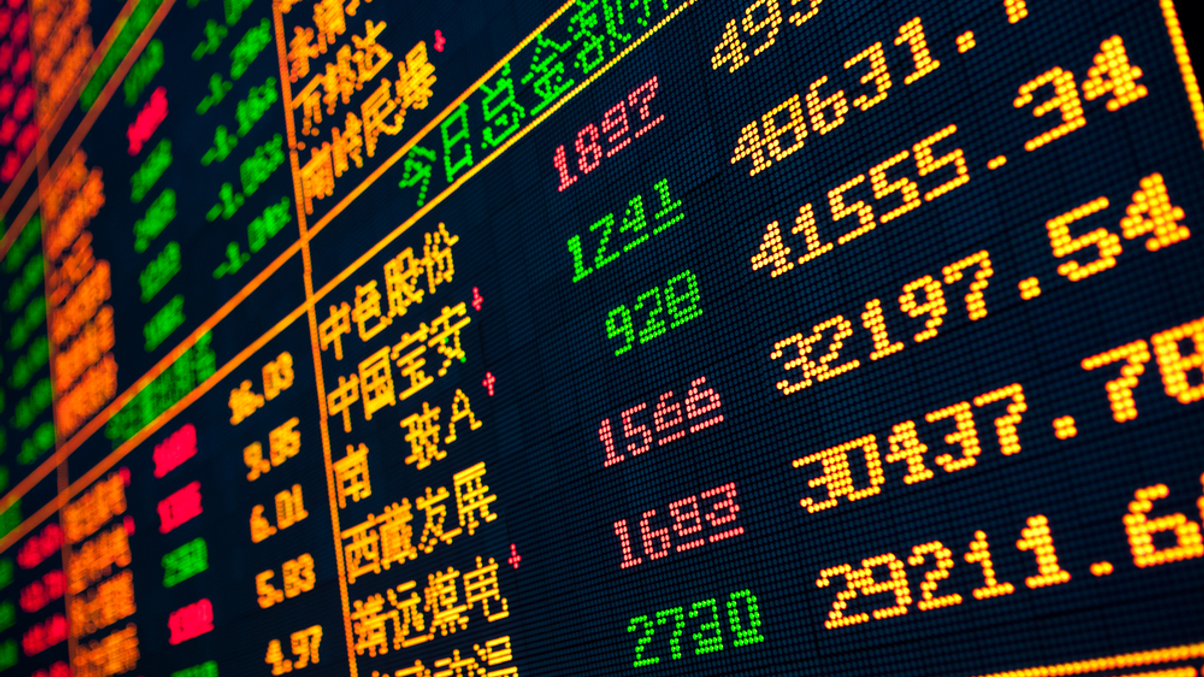Market Views: Will China equities climb post Politburo meeting?
After the initial bounce driven by Beijing’s policy announcements, the question now is whether there are more sustained game-changing forces for investors in the Chinese stock market, and where they are.

China’s latest economic meeting held by the Communist Party’s top leadership recently acknowledged the disappointing economic data and set a pro-growth tone to revive the recovery post reopening.
Sign in to read on!
Registered users get 2 free articles in 30 days.
Subscribers have full unlimited access to AsianInvestor
Not signed up? New users get 2 free articles per month, plus a 7-day unlimited free trial.
¬ Haymarket Media Limited. All rights reserved.


